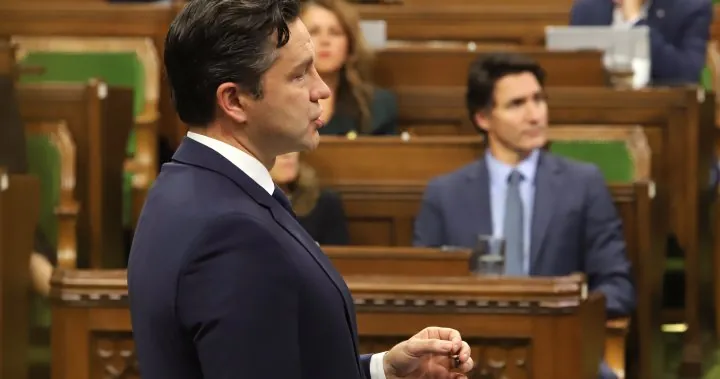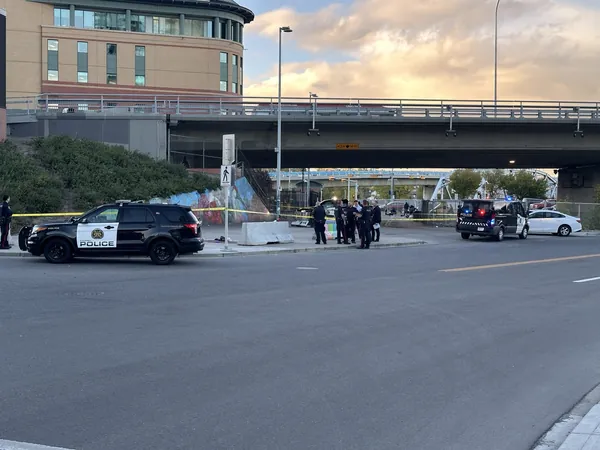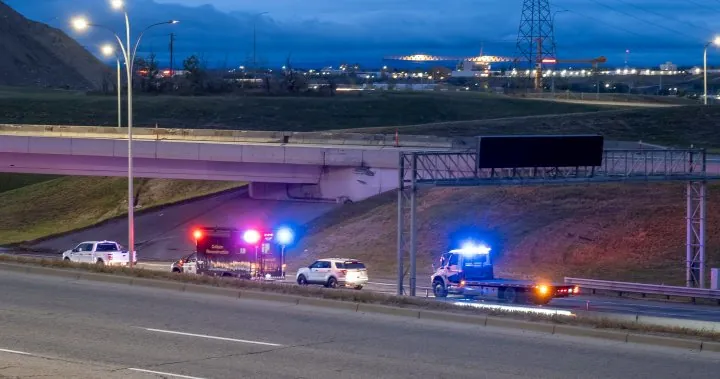
Trudeau Faces New Non-Confidence Vote as Conservatives Push for Election
2024-10-01
Trudeau Faces New Non-Confidence Vote
Prime Minister Justin Trudeau's Liberal government is bracing for another non-confidence vote, scheduled for Tuesday as Conservative Leader Pierre Poilievre continues his campaign to challenge the current administration.
In the aftermath of the House of Commons' question period, MPs will cast their votes on Poilievre’s motion, which was officially presented last Thursday. The motion accuses the Liberal government of exacerbating various issues, including "doubled housing costs," increased taxes on food, rising crime rates, and claims that it has become the “most centralizing government in Canadian history.”
“The House has lost confidence in the government and offers Canadians the option to axe the tax, build the homes, fix the budget, and stop the crime,” the motion asserts, highlighting the Conservatives' stance on pressing social issues that resonate with many Canadians.
To survive such a vote or successfully pass any legislation, the minority Liberal government requires the backing of at least one other party in the House. In their first challenge of this fall session, the New Democratic Party (NDP) and Bloc Quebecois allied with the Liberals, resulting in a decisive defeat of the Conservatives' motion by a vote of 211-120.
However, the Bloc Quebecois has issued a deadline of October 29 for the Liberals to meet its requirements, particularly concerning increases in seniors' benefits. They have also put forward their own opposition motion aimed at boosting old age pension payments for seniors, with a vote expected later this week. The support of the Bloc is crucial, as losing it could jeopardize future votes of non-confidence.
NDP Leader Jagmeet Singh has made clear that his party will not allow Poilievre to dictate the political agenda, emphasizing the importance of collaboration among opposition parties. After Tuesday's vote, the Conservatives are anticipated to introduce further motions of non-confidence before the end of the year, keeping the political landscape tense.
Should a non-confidence motion succeed, it would lead to the collapse of the government and trigger snap elections, adding to the uncertainties facing Canadian politics as the populace grapples with rising living costs and social issues.
As this political drama unfolds, citizens are left to ponder whether Trudeau's government can secure the necessary support to survive, or if Canadians will soon be heading to the polls for a potentially transformative election.









 Brasil (PT)
Brasil (PT)
 Canada (EN)
Canada (EN)
 Chile (ES)
Chile (ES)
 España (ES)
España (ES)
 France (FR)
France (FR)
 Hong Kong (EN)
Hong Kong (EN)
 Italia (IT)
Italia (IT)
 日本 (JA)
日本 (JA)
 Magyarország (HU)
Magyarország (HU)
 Norge (NO)
Norge (NO)
 Polska (PL)
Polska (PL)
 Schweiz (DE)
Schweiz (DE)
 Singapore (EN)
Singapore (EN)
 Sverige (SV)
Sverige (SV)
 Suomi (FI)
Suomi (FI)
 Türkiye (TR)
Türkiye (TR)